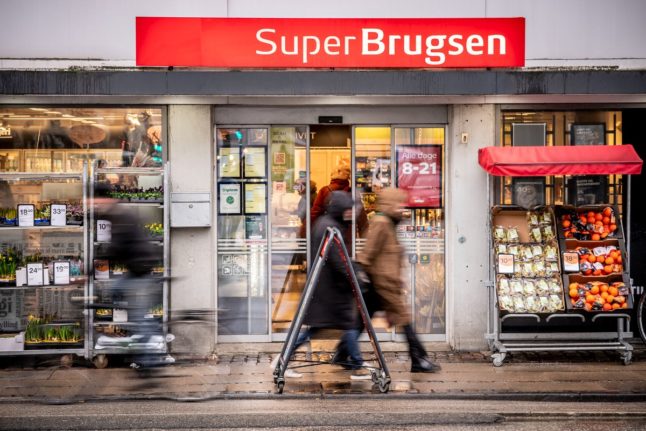On Friday, Statistics Denmark, released its annual report on the 50 most commonly chosen names in the first half of 2023.
The new data revealed that Frida and Noah topped the charts for newborn boys and girls respectively.
Frida has moved up from fourth place in 2022 and takes over first place from Ella. The most popular girls’ names that follow Frida are Olivia, Alma, Ella, Agnes, Emma, Ellie, Luna, Sofia and Karla.
On the list of boys’ names, Noah is at the top, followed by William, Alfred, Carl, Aksel, Emil, Oscar, Malthe, Oliver and Arthur. Noah has moved up from sixth place in 2022, pushing William down to second place.
Most popular names
In the first half of 2023, 217 newborn girls were named Frida, accounting for 16 out of every 1,000 baby girls born. Meanwhile, 253 newborn boys were named Noah, representing 17 out of every 1,000 baby boys. However the name William wasn’t far behind with 244 newborn boys given this name.
William’s consistency as a popular choice of name for boys is evident, having previously ranked first in 2019 and 2020, third in 2021, first in 2022 and now second in 2023.
The name Frida has had a recent surge of popularity, rising from 18th position in 2021 to fourth place in 2022 and now top place in the first half of 2023.
Alfred and Arthur are the only names new to the top ten from last year but they weren’t far behind at rankings 12 and 15 in 2022. The top ten girls’ name are also not unfamiliar. The name Emma is consistently ranked in the top ten and was the most popular name among girls aged 1-9 last year. The name Ellie has had the biggest rise from 17 in 2022 to 7 in 2023. Karla also moved up from 15 to 10.
If you want to learn more about baby naming practices and rules in Denmark, make sure to read The Local’s deep-dive article on the issue, which covers registering a child’s name and the relevant naming law.



 Please whitelist us to continue reading.
Please whitelist us to continue reading.
Member comments